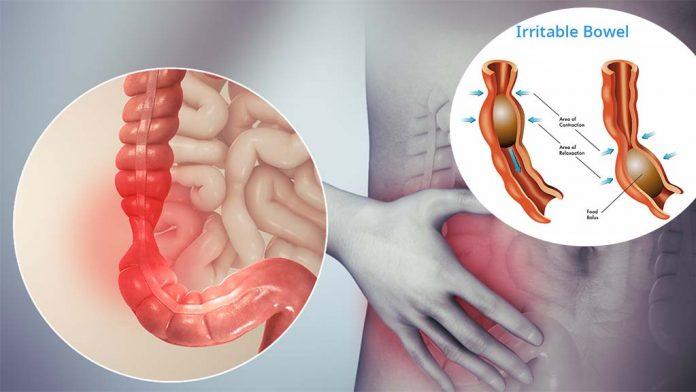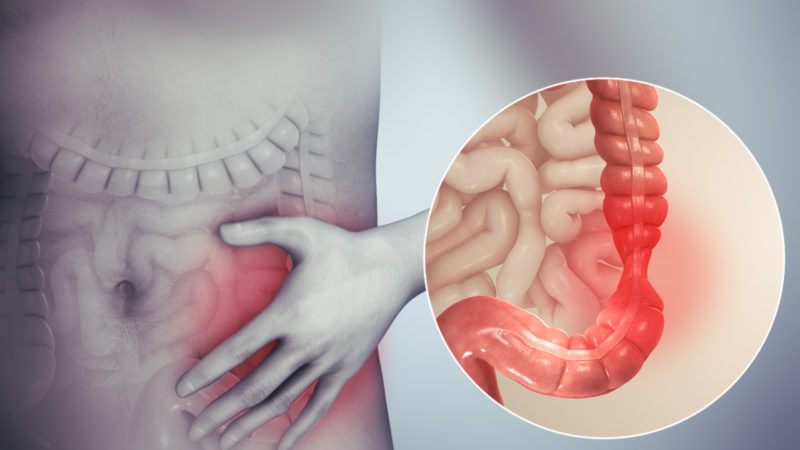Everything You Need to Know About Essential Amino Acids: Food Sources and Potential Health Benefits

Amino acids function as the building blocks of proteins, and they play various essential roles in our bodies. There are three main amino acids – essential amino acids, non-essential amino acids, and conditional amino acids.
Our body needs different amino acids for normal functioning and good health. They are important for crucial processes such as building proteins and synthesizing neurotransmitters and hormones.
Here is an article with all you need to know about essential amino acids and their importance in managing good health and proper body functioning.
What are Amino Acids?
Amino acids are the organic compounds that combine to develop blocks of proteins. When we eat proteins, our digestive system breaks them into amino acids. After this, our body combines amino acids in different ways to carry out our bodily functions properly.
Amino acids are responsible for building muscles, transporting nutrients, preventing illness, carrying out chemical reactions, and other body functions.
Lack of amino acids can lead to digestive issues, fertility issues, decreased immunity, and other health issues. The amino acids are of their types: essential, non-essential, and conditional, depending on various factors.
Essential Amino Acids – Our bodies can not make essential amino acids, so they come from food.
There are nine essential amino acids: phenylalanine, leucine, isoleucine, methionine, lysine, threonine, valine, histidine, and tryptophan.
Non-Essential Amino Acids – Our bodies can make non-essential amino acids even if we do not get them from food.
Non-essential amino acids are arginine, aspartic acid, alanine, asparagine, glutamic acid, lysine, cysteine, glutamine, proline, tyrosine, and serine.
Conditional Amino Acids – These amino acids are generally not essential. However, we require them during stress and illness.
Conditional amino acids are glutamine, cysteine, glycine, arginine, tyrosine, proline, serine, and ornithine.
What are Essential Amino Acids?
Amino acids are made of carbon, hydrogen, oxygen, nitrogen, and a variable side chain group.
Our body needs twenty amino acids to function appropriately. Although all twenty are necessary, only nine are essential amino acids. Unlike the non-essential amino acids, our body can not make the essential amino acids, so we need to obtain them through our bodies.
The best sources to get them to include meat, poultry, and eggs. When we consume protein, it breaks down into amino acids, which our body uses to carry out various processes like regulating immune function and building muscle.
Role of Essential Amino Acids in Body
As mentioned below, essential amino acids play different roles in our bodies.
Valine – It is a three-branched amino acid. Valine helps in stimulating the growth and regeneration of muscles in our body. Moreover, it also helps in energy production. Valine deficiency can cause reduced mental function and insomnia.
Tryptophan – This essential amino acid is related to causing drowsiness. It is important to manage the nitrogen balance. Moreover, it is also a precursor to serotonin, a neurotransmitter responsible for regulating our appetite, mood, and sleep.
Phenylalanine is a precursor for tyrosine, epinephrine, norepinephrine, and dopamine. The amino acid plays a crucial role in the function and structure of proteins and different enzymes.
Threonine is an essential part of structural proteins like elastin and collagen. These are essential components of our connective tissue and skin. Threonine also plays an essential role in immune function and metabolism.
Methionine – This essential amino acid plays a vital role in detoxification and metabolism. It is crucial for absorbing selenium and zinc minerals and is also important for tissue growth.
Lysine plays an important role in hormone and enzyme production protein synthesis and is present in muscle tissue. The amino acid is also important for energy regulation, immune function, and hemoglobin production.
Leucine – It is a branched-chain amino acid and is required for muscle repair and protein synthesis. This essential amino acid also helps produce growth hormones, stimulate wound healing, and regulate blood sugar levels.
Isoleucine – It is also a branched-chain amino acid and is involved in muscle metabolism. Isoleucine helps in energy regulation, immune functioning, and hemoglobin synthesis. Its deficiency can cause shaking and muscle wasting.
Histidine is essential to produce histamine, a neurotransmitter required for digestion, sleep-wake cycle, sexual function, and immune response. Histidine is also crucial for managing the myelin sheath, a protective barrier surrounding the nerve cells. The deficiency of histidine can cause anemia.
Essential amino acids are necessary for various functions in our body. Therefore, their deficiency can negatively impact our body’s different digestive, reproductive, nervous, and immune systems.
Potential Health Benefits of Taking Supplements of Essential Amino Acids
Essential amino acids are present in different types of foods. However, taking concentrated doses of supplements is associated with various health benefits.
May Improve Sleep and Mood
Tryptophan is responsible for the production of serotonin. This neurotransmitter helps in the regulation of sleep, mood, and behaviors.
Low levels of serotonin can lead to sleep disturbance and depressed mood. Some studies present evidence that supplementing with tryptophan can help in improving sleep, reducing the symptoms of depression, and boosting mood (Source).
Can Help Prevent Muscle Loss
Muscle loss is caused due to prolonged bed rest and illness. It happens especially in older adults. Essential amino acids can help in preventing muscle breakdown. Moreover, they help in preserving lean body mass.
May Help in Weight Loss
People make a lot of effort to encourage weight loss, like following healthy breakfast recipes for weight loss, following different diets, or limiting the calorie intake. But do you know some essential acids can also help in weight loss? Some studies present evidence that branched-chain essential amino acids can help stimulate fat loss. Supplement with essential amino acids is beneficial to improve mood, prevent muscle loss, and boost weight loss.
Can Encourage Better Exercise Performance
The branched-chain essential amino acids help alleviate fatigue, stimulate recovery of muscles after exercise, and improve athletic performance. It can help decrease muscle soreness, improve performance, and boost muscle recovery in athletes.
Sources of Essential Amino Acids
Since our body can not produce essential amino acids, we need to diet. A wide range of foods is loaded with essential amino acids, making it easy to meet our everyday needs.
Foods that contain all the nine essential amino acids are known as complete proteins. Some of the complete protein sources are meat, poultry, eggs, seafood, and dairy products. In addition to this, soy, buckwheat, and quinoa are also complete protein sources.
Below mentioned are some common sources of essential amino acids.
- Lysine – Meat, black beans, soy, pumpkin seeds, and eggs
- Histidine – Poultry, seeds, fish, meat, nuts, and whole grains
- Threonine – Wheat germ and cottage cheese
- Methionine – Seeds, grains, nuts, and eggs
- Valine – Soy, peanuts, cheese, vegetables, and whole grains
- Isoleucine – Fish, meat, eggs, lentils, seeds, nuts, and poultry
- Leucine – Beans, soy, legumes, and dairy products
- Phenylalanine – Beans, nuts, meat, poultry, fish, and soy
- Tryptophan – Chicken, turkey, cottage cheese, and wheat germ
Final Words
It is vital to consume essential amino acids to manage good health. They are crucial for tissue repair, nutrient absorption, and synthesis.
Some amino acids might also help improve mood, prevent muscle loss, enhance athletic performance, and boost weight loss.
Eating different types of food rich in protein is the best way to ensure that you are getting sufficient amounts of essential amino acids. If you find this information mentioned above helpful, drop a comment.






